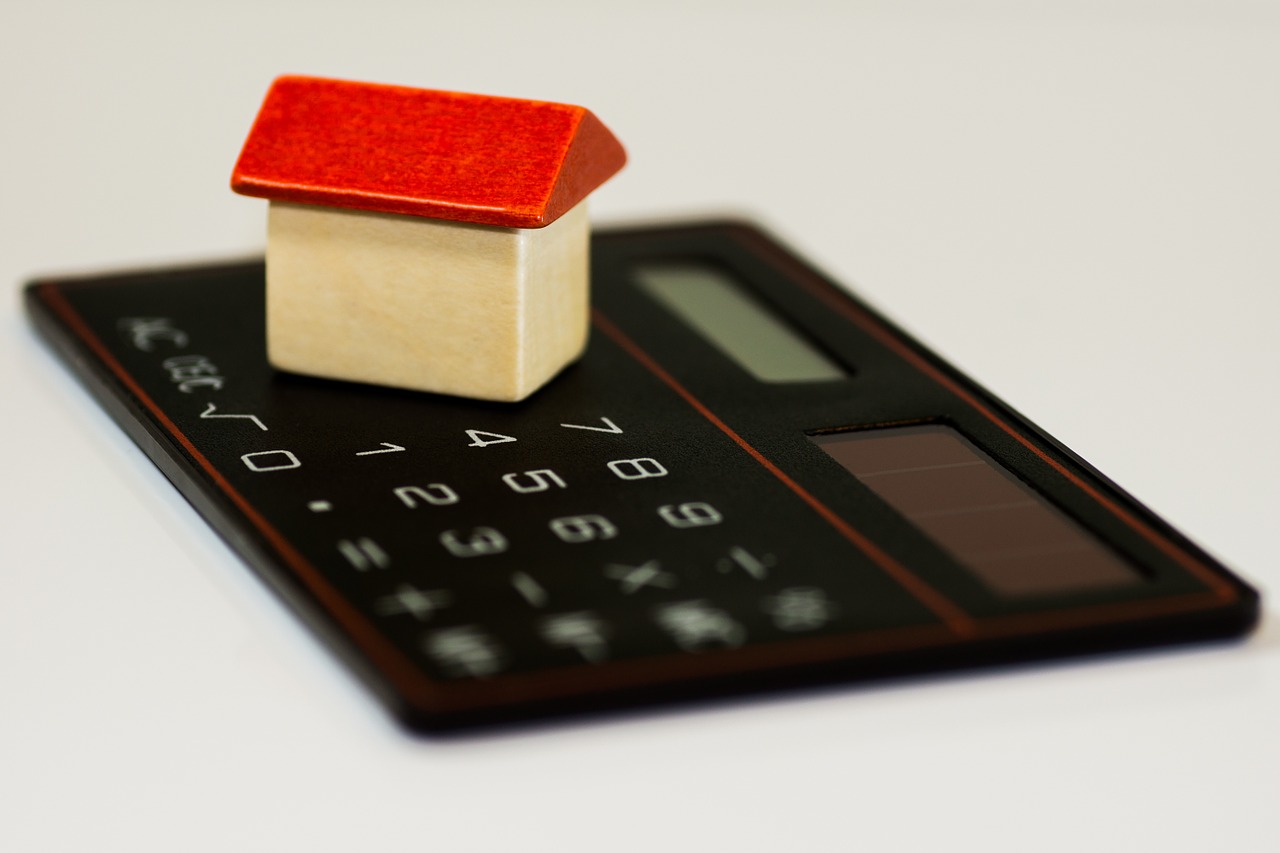Getting your first apartment or house is one of the biggest moments in every person’s life.
It’s like a symbolic initiation into adulthood – exciting, and it makes you feel that only the sky’s the limit.
If you’re fed up with renting your place and not being allowed to make certain adjustments or even adopt a pet, you’ll be happy to hear that in 66% of housing markets, buying is more affordable than renting.
But, it’s not exactly all peaches and cream. There are different traps that you can easily fall into if you’re not careful enough.
Let’s see what these six unique challenges of first-time home ownership are and how to overcome them.
1. The Ball and Chain of Student Debt

Millennials have been struggling with their student debt more than any other generation before them.
Although a majority of 25-34-year-olds are around $33,000 in debt due to their studies, there are majors that are significantly more expensive than that. For example, pharmacy or medicine majors can owe even up to $200,000 for their college education.
In other words, their debt is almost the same as a mortgage, which means that most of them are unlikely to get another one so that they can buy a house.
Those who do will have to save enough money for their down payment while at the same time trying to pay off their existing debt.
But, there are options to make it easy for first-time buyers to find enough money for a deposit and secure a mortgage.
For example, a family member who already owns a home can jump in and be a guarantor. In this case, their home or savings would serve as security, meaning that a bank or mortgage company would come to them asking for money if you fall behind with your mortgage payments.
2. Credit Scores
If you’ve managed to save enough money for your down payment (good for you!), you can apply for a home loan.
But, banks and mortgage lenders expect impeccable credit scores in order to lend you the money, especially when it comes to long-term loans.
They will run a detailed background check on you to determine how wisely and responsibly you handle your finances. One of the obstacles lies in the fact that as someone who has recently graduated from college and who doesn’t have a long credit history, you’re in for a lower credit score.
This will result in higher interest rates that you’ll have to pay.
Also, if you have a credit card, every late payment counts and lowers your score, so be careful about that.
3. A Tight Budget

You have to come to terms with the fact that you’ll have to adjust your spending habits and learn to live well below your means.
Don’t forget that after you get your loan and buy your new home, you’re not done with different hefty expenses.
Since you’ll also need a certain, not so small amount of money for furnishing and decorating your home, you should be prepared that your once carefree spending habits will be affected.
In other words, you’ll have to pull the plug on holidays, parties, and similar fun and recreational activities, as well as keeping up with the latest fashion and tech trends.
It can be tough, especially if you’re accustomed to living it up and not thinking about the money.
However, a change in perspective will help you through this period, as it’s much easier to accept this forced financial modesty when you’re aware that you’re doing it for the greater good.
4. Breaks, Leaks, and Cracks
When you’re living at your family home or rented property, your parents or landlord take care of all potential problems such as leaky pipes, electricity issues, and everything else that needs mending.
But, home ownership means that you’ll be in charge of all these issues.
The worst thing you can do is try to save some money by resorting to the DIY approach. It’s both unsafe and potentially even more expensive than hiring the right person for the job.
So, instead of risking your safety and making costly mistakes, it’s much better to opt for a general contractor and have everything taken care of properly, safely, and in compliance with the local regulations.
5. What if You Decide to Move?
This might seem like a nonsensical question at the moment, but as buying a home is a long-term plan, you need to take different things into consideration.
How marketable are your potential home and neighborhood?
Don’t underestimate this factor, because it will play an important role in case you decide to sell your house at a certain point.
That’s why you need to check the local school district, even if don’t have kids – being in the vicinity of a good school will increase your property’s value, which means that it will be easy to resell it at a good price.
Also, being in the know regarding building plans for the neighborhood is a must.
For example, if the area next to your house is designated for commercial use, you might end up living next to a busy shopping center which will make your street clogged up with cars. Apart from all the noise and crowd, you’ll also have to put up with heavy traffic which will slash your property’s price.
6. Covering Your Own Bills
Most people don’t have to think about paying bills, putting food on the table (literally), and doing taxes while they’re living at home with their parents.
In other words, such a living arrangement allows them to spend a great portion of their salary on fun activities and entertainment, while their parents cover the essential spends.
But once you move out and buy your own house, you’ll have to think about all these serious, adult stuff.
Paying your bills and filing taxes on time is something that will become your responsibility, so make sure to rise to the occasion as otherwise, you’ll face legal troubles and hefty fines.
You’ll also have to squeeze cleaning as well as doing the dishes and laundry into your busy schedule, so you’d better prepare for this in advance.
Owning your first home is a life-changing event, and it’s essential to understand that with freedom comes a great deal of responsibility.


